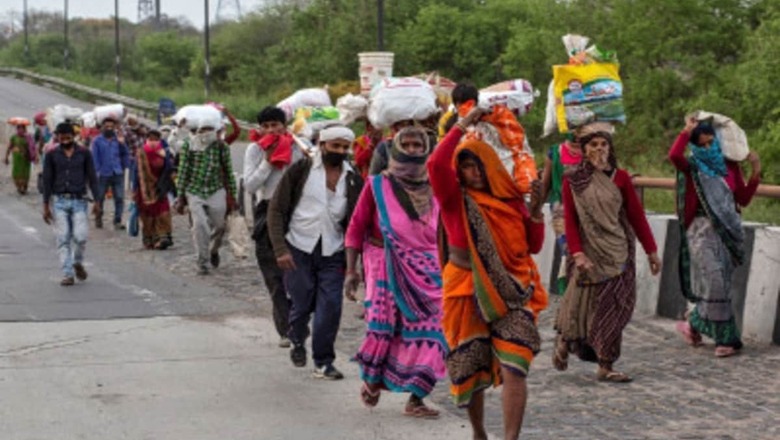Despite Facing Hardships, Survey Shows Rural India Satisfied with Govt's Handling of Covid-19 Crisis

views
Despite suffering from severe distress caused by the Covid-19 induced lockdown, more than 74% people in rural areas across 23 states have expressed satisfaction with the handling of the crisis by the Union government, a survey conducted by Gaon Connection and Centre for the Study of Developing Societies (CSDS) has found. It said that the level of satisfaction among people living in rural areas is even greater -- 78% -- when it comes to assessing the handling of the pandemic by state governments.
The survey, based on face-to-face detailed interviews with 25,300 respondents in 179 districts across 20 states and three Union Territories, revealed five ways in which Indians in rural areas were affected and continue to be affected by lockdowns.
More than 68% rural Indians faced “high” to “very high” monetary difficulties during the lockdown. About 23% rural Indians borrowed money during the lockdown, 8% sold a valuable possession (phone, watch, etc), 7% mortgaged their jewellery, and 5% sold or mortgaged land.
78% respondents saw their work coming to a “complete standstill” or “a standstill to a large extent” during the lockdown.
Skilled workers and manual (unskilled) labourers were the hardest hit. Work shut down completely for 60% skilled workers and 64% manual labourers. Only 20% respondents said they got work under MGNREGA in the lockdown.
Among the few who were lucky to get work under the MGNREGA scheme, most of the respondents (75%) were from Chhattisgarh, followed by Uttarakhand (65%) and Rajasthan (59%). The places where respondents reported getting the least work under this social security scheme were Gujarat and the Union Territories of Jammu & Kashmir and Ladakh, which reported MGNREGA work at 2% and 4% respectively.
“We wanted to measure the extent of hardships people faced due to lockdown, especially in rural India about which very little was discussed or documented during the lockdown. We wanted the voices of rural people to be heard by the people living in small towns, cities, and especially those who are engaged with policy making,” said Sanjay Kumar, professor at CSDS about the survey that documented issues like mounting debt, increasing hunger, complete loss of livelihoods, and inability to access healthcare among its respondents.
The survey also revealed that 38% of the rural households reported having gone without necessary medicine or medical treatment often or sometimes during the lockdown. In Assam, 87% rural households said they did not receive the required medical treatment, followed by 66% in Arunachal Pradesh.
“Rural India has not been part of the national media narrative in the wake of the coronavirus crisis. This survey offers powerful insights into how rural India dealt with this crisis, and what it plans to do ahead – including questions like, will they return to cities? Will they change spending patterns?” said Neelesh Misra, founder of Gaon Connection.


















Comments
0 comment